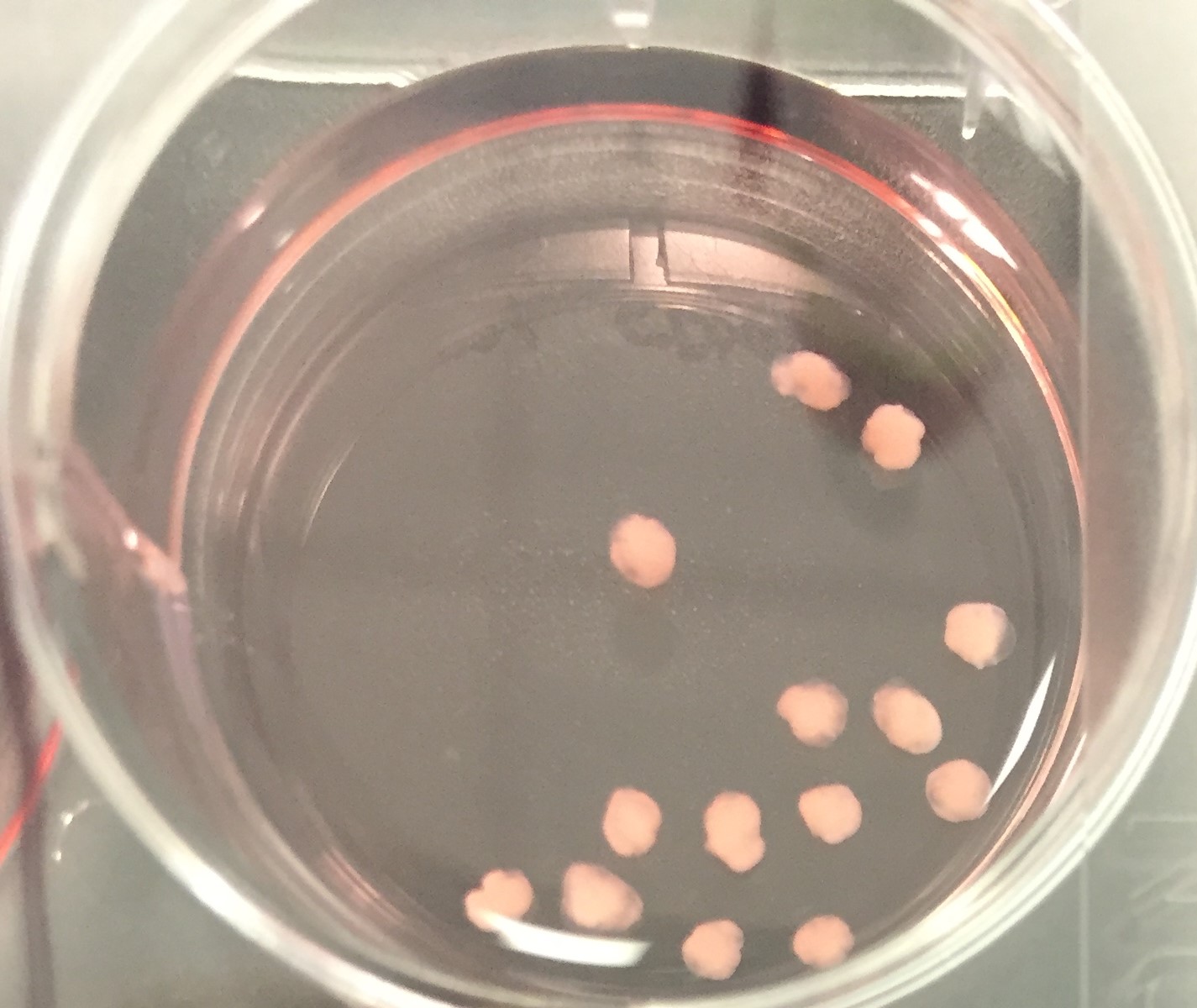OrganoTherapeutics recently joined The House Of BioHealth, here is more about their aspirations and their biotechnological innovative methods for tackling neurodegenerative diseases, particularly Parkinson’s.
Who is behind the biotechnological company OrganoTherapeutics and what do they work on ?
 OrganoTherapeutics was set up under the aegis of Jens Christian Schwamborn, in July 2019, time for them to launch the project before the start of the pandemic. OrganoTherapeutics’ mission is to research treatments for neurodegenerative diseases, especially Parkinson’s disease. To do this, they are developing 3D mini-brains from stem cells, in order to obtain more information than with traditional methods. As this approach can be fully personalized, they can find the most effective treatment for each patient’s case.
OrganoTherapeutics was set up under the aegis of Jens Christian Schwamborn, in July 2019, time for them to launch the project before the start of the pandemic. OrganoTherapeutics’ mission is to research treatments for neurodegenerative diseases, especially Parkinson’s disease. To do this, they are developing 3D mini-brains from stem cells, in order to obtain more information than with traditional methods. As this approach can be fully personalized, they can find the most effective treatment for each patient’s case.
OrganoTherapeutics essentially works on two business models: on the one hand they develop their own drugs, hoping one day to bring them into the clinic, and on the other hand, they collaborate with and support other pharmaceutical and biotech companies in their development thanks to their technology platform.
Joining the House of BioHealth for an improved productivity

OrganoTherapeutics was delighted to join The House Of BioHealth research institute in December. Practically, they have access to a state-of-the-art lab space that enables them to work on their research in an optimal way. Indeed, to carry out their mission, they need to grow cells, carry out experiments and use microscopy amongst other analysis techniques. On a human level, being part of The House of BioHealth and of the Ministry of Economy’s incubator for innovations means they are not isolated, can attend events and meet other innovators, benefiting from valuable coaching and mentoring. In this way, they become part of the ecosystem, helping to enrich innovation in biotechnology.
A future outlook for OrganoTherapeutics
Jens C. Schwamborn is optimistic about the future. The main aim is that, within the next 5 years, they should be able to carry out conclusive clinical testings of their compounds so that they can be made available to Parkinson’s patients. In the longer term, OrganoTherapeutics’ ambition is to become a provider of personalized tests. The example Jens C. Schwamborn puts forward is very telling: for headaches, we try several drugs by ourselves to identify the one that will work best. On the scale of neurodegenerative diseases such as Parkinson’s, being able to carry out these personalized tests on mini avatars will be far less binding for patients, and above all a considerable time-saver.
Integrated into The House of BioHealth’s thriving ecosystem, OrganoTherapeutics will now be a major talent in biotechnological innovation, helping to find ethical solutions for patients suffering from neurodegenerative diseases. Thanks to a favorable working environment, their research using stem cells will undeniably advance medicine in the future.